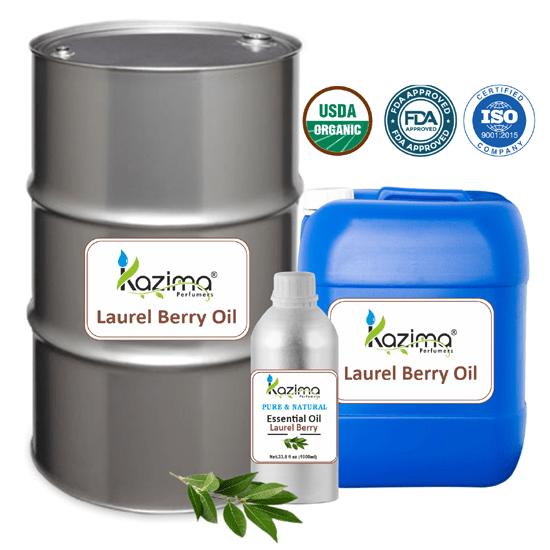
2 minute read
Benefits of Using Natural Essential Oils in Your Skincare Routine
Natural essential oils have been used for centuries to enhance beauty and improve skin health. These oils, extracted from plants, contain powerful compounds that can help address a range of skin concerns. Incorporating natural essential oils into your skincare routine can offer numerous benefits for your skin, leaving it looking and feeling healthier and more radiant. In this blog post, we'll explore five benefits of using natural essential oils in your skincare routine.
1. Moisturizes and Hydrates the Skin
Advertisement
Natural essential oils are rich in fatty acids and antioxidants that help to moisturize and hydrate the skin. These oils work to lock in moisture, preventing the skin from becoming dry and flaky. Some oils, such as jojoba oil, have a structure similar to the natural oils produced by our skin, making them easily absorbed and helping to regulate oil production.
Essential oils such as lavender, rose, and chamomile have hydrating properties that soothe dry skin and prevent irritation. These oils can be added to your skincare routine in a number of ways, such as adding a few drops to your daily moisturizer or mixing them with carrier oils like coconut or almond oil.
2. Reduces Inflammation and Soothes Irritation
Many essential oils have anti-inflammatory properties that help to reduce redness and inflammation in the skin. For example, tea tree oil is known for its antibacterial and anti-inflammatory properties, making it an effective treatment for acne-prone skin. Similarly, chamomile oil is known for its calming and soothing properties, making it an effective treatment for sensitive skin.
Essential oils can also help to soothe skin irritation caused by conditions such as eczema and psoriasis. Oils such as lavender, chamomile, and frankincense have anti-inflammatory properties that can help to reduce redness and soothe irritated skin.
3. Fights Acne and Promotes Clear Skin
Natural essential oils can be effective in treating acne and promoting clear, healthy skin. Tea tree oil is a popular choice for acne-prone skin due to its antibacterial and anti-inflammatory properties. Other oils, such as lavender and geranium, also have antibacterial properties that can help to reduce acne-causing bacteria on the skin.
In addition to their antibacterial properties, some essential oils also help to regulate oil production, which can reduce the occurrence of acne. Oils such as jojoba and argan oil have a similar structure to the natural oils produced by our skin, making them easily absorbed and helping to regulate oil production.
4. Reduces the Appearance of Fine Lines and Wrinkles
Natural essential oils contain powerful antioxidants that help to fight free radicals and reduce the appearance of fine lines and wrinkles. Oils such as rosehip and frankincense contain high levels of antioxidants that help to promote healthy skin and reduce the signs of aging.
In addition to their antioxidant properties, some essential oils also contain compounds that stimulate collagen production. Collagen is a protein that gives our skin its elasticity and helps to reduce the appearance of fine lines and wrinkles. Oils such as rose and neroli contain compounds that stimulate collagen production, making them effective in reducing the signs of aging.
5. Provides a Natural Fragrance and Aromatherapy Benefits
Natural essential oils can provide a natural fragrance to your skincare routine, without the use of synthetic fragrances that can irritate the skin. Essential oils such as lavender, rose, and ylang-ylang provide a natural, pleasant scent to your skincare products.
In addition to their fragrance benefits, essential oils can also provide aromatherapy benefits. Certain oils, such as lavender and chamomile, have a calming effect that can help to reduce stress and promote relaxation. Incorporating these oils into your skincare routine can help to create a relaxing and rejuvenating experience.

